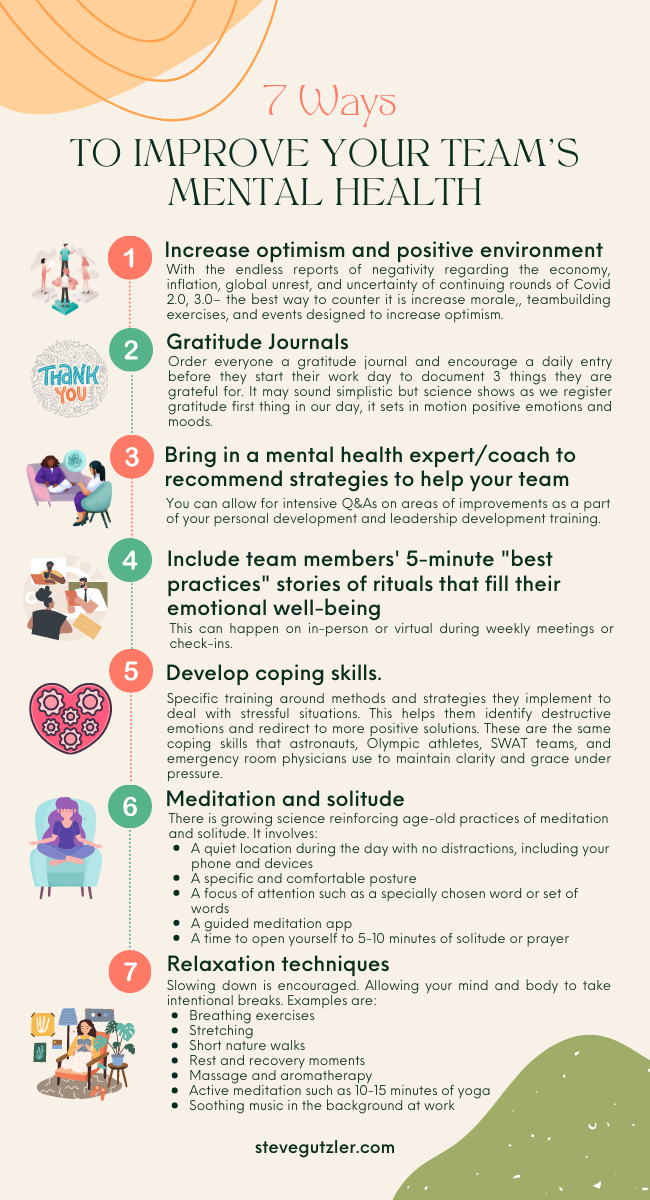
Understanding Anxiety: Symptoms, Causes, and Treatments
- 0
Anxiety is a common mental health condition that affects millions of people worldwide. It can manifest in various ways and have a significant impact on a person’s daily life. In this article, we will explore the symptoms, causes, and treatments of anxiety to help you better understand this complex condition.
Symptoms of Anxiety
Some common symptoms of anxiety include:
Excessive worry or fear
Feeling restless or on edge
Difficulty concentrating
Physical symptoms such as rapid heartbeat, sweating, and trembling
Sleep disturbances
Irritability
Panic attacks
Causes of Anxiety
Anxiety can be caused by a variety of factors, including:
Genetics: Studies have shown that anxiety disorders can run in families.
Brain chemistry: Imbalances in neurotransmitters can contribute to anxiety.
Stress: Traumatic events or chronic stress can trigger anxiety symptoms.
Medical conditions: Certain medical conditions can be associated with anxiety, such as thyroid disorders or heart issues.
Substance abuse: Alcohol or drug abuse can exacerbate anxiety symptoms.
Treatments for Anxiety
There are several effective treatments for anxiety, including:
Therapy: Cognitive-behavioral therapy (CBT) can help individuals learn coping strategies and change negative thought patterns.
Medications: Antidepressants and anti-anxiety medications can be prescribed by a healthcare provider to help manage symptoms.
Lifestyle changes: Regular exercise, healthy eating, and stress-reducing activities like yoga or meditation can help reduce anxiety levels.
Support groups: Connecting with others who have similar experiences can provide a sense of community and understanding.
Professional help: Seeking help from a mental health professional can provide guidance and support in managing anxiety.
Conclusion
While anxiety can be a challenging condition to live with, it is important to remember that help is available. By understanding the symptoms, causes, and treatments of anxiety, individuals can take proactive steps towards managing their mental health and improving their overall well-being.

